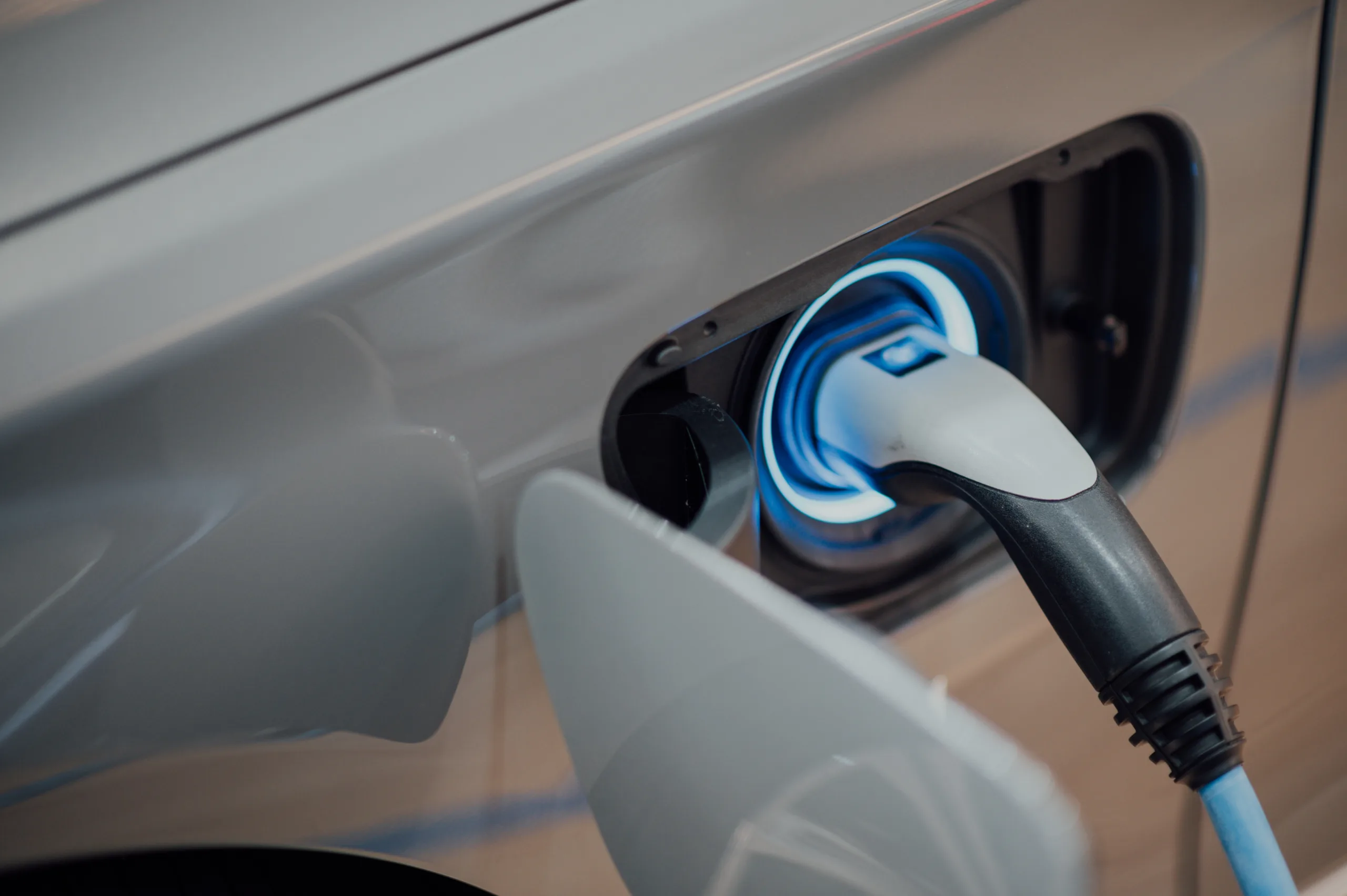Introduction
As electric vehicles (EVs) continue to gain popularity, it is important to understand the impact of cold weather on their performance. We will explore how cold weather affects EV range, charging, and discuss the Department of Energy’s credit for EV owners.
Electric Vehicle Range
Cold weather can significantly reduce the range of electric vehicles. The batteries in EVs are affected by temperature, and cold weather can cause them to lose efficiency. In extreme cold conditions, the range of an EV can decrease by up to 40%. This reduction in range is due to increased energy consumption for heating the cabin and battery, as well as the decreased efficiency of the battery itself. Evidence of this has been in the with abandoned Tesla’s left at charging stations in Chicago and other regions hit by extreme cold. Fox News – Link
To combat the decrease in range during cold weather, EV owners can take several steps. Preconditioning the vehicle while it is still plugged in can help warm up the battery and cabin, reducing the energy required during the drive. Additionally, using seat warmers and steering wheel heaters instead of relying on the HVAC system can help conserve energy.
Charging Challenges
Cold weather can also present challenges when it comes to charging electric vehicles. The charging speed of EVs can be affected by low temperatures, as the battery’s chemical reactions slow down. This means that it may take longer to charge an EV in cold weather compared to warmer conditions. In some cases the amount of energy from the charging station isn’t enough to heat the battery to charge. Leaving you stranded at 0%.
Furthermore, extreme cold can also affect the functionality of charging stations. Snow and ice can make it difficult to access charging stations, and in some cases, they may even become inoperable due to freezing temperatures. It is important for EV owners to plan ahead and ensure that they have access to reliable charging infrastructure during the winter months.
Conclusion
Cold weather can have a significant impact on electric vehicle range, charging, and the Department of Energy’s calculated credit. EV owners should be prepared for reduced range, longer charging times, and potential changes to the federal tax credit during the winter months. By understanding these challenges and taking appropriate measures, EV owners can continue to enjoy the benefits of electric transportation, even in cold weather.








